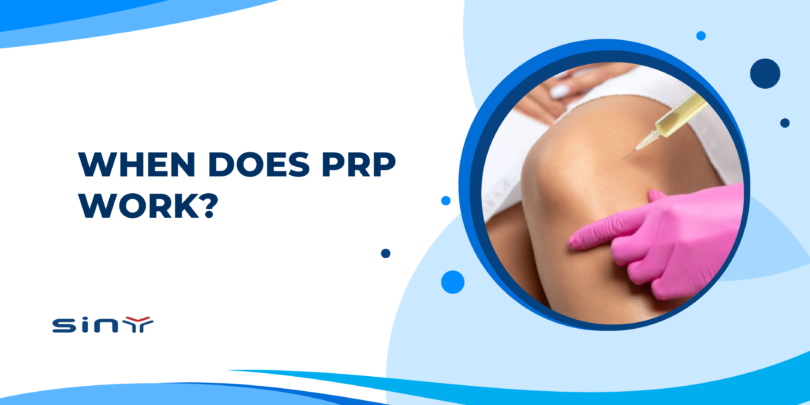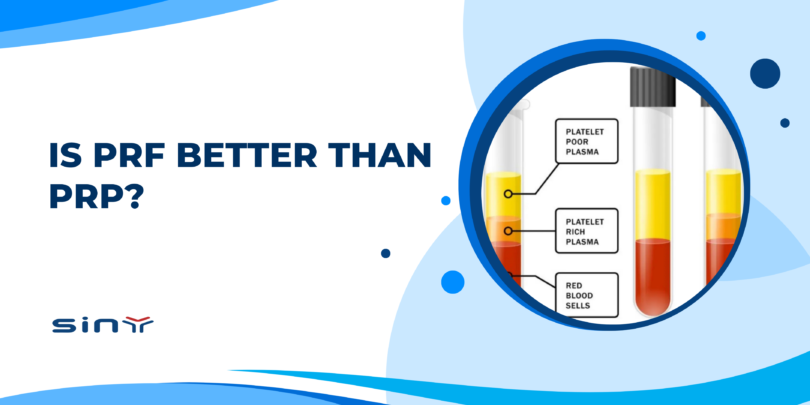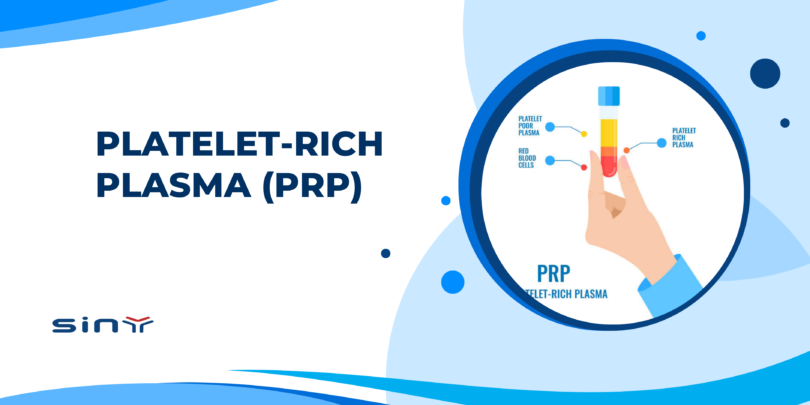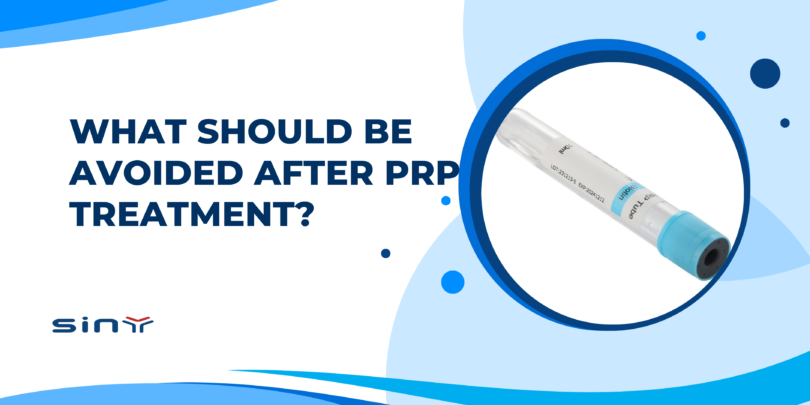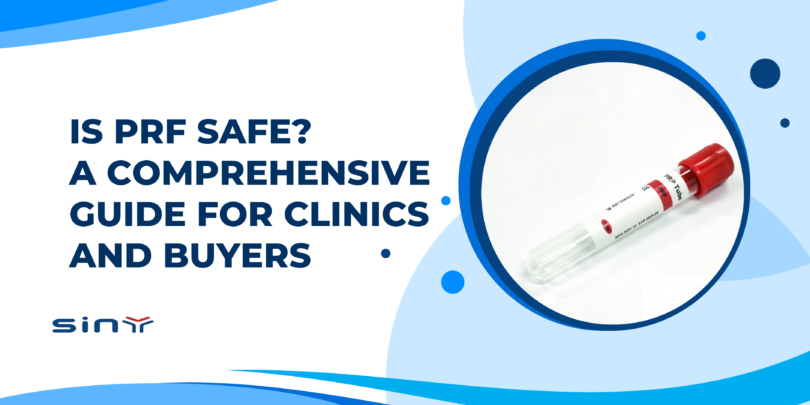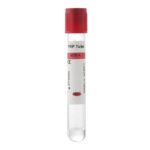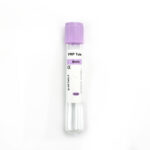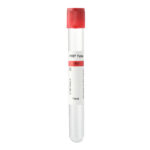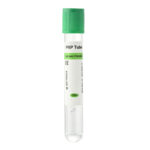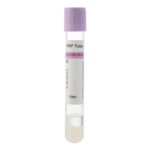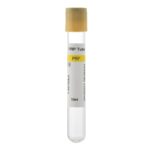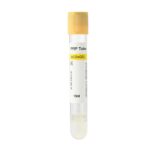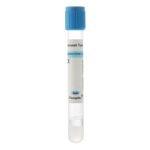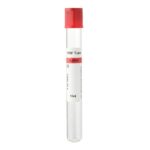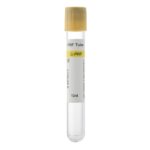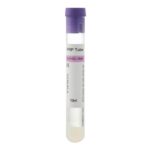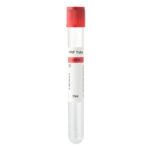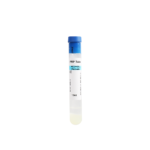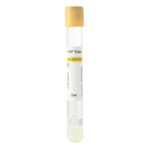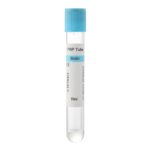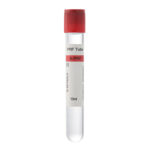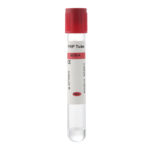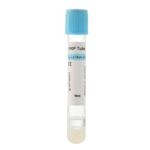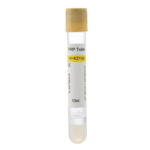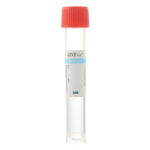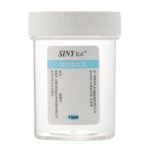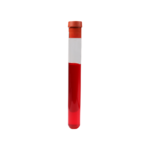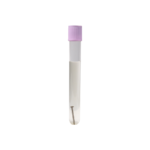Why avoid caffeine after PRP therapy? Platelet-rich plasma (PRP) therapy is an increasingly popular and innovative treatment option to accelerate healing for various conditions, ranging from sports injuries to cosmetic procedures. While PRP therapy is generally considered safe and effective, certain precautions are recommended to optimize its therapeutic effects. One of these precautions is to avoid caffeine intake following the treatment. This article will explore the reasons behind this guideline, explain the principles of PRP therapy, and highlight additional considerations that patients should be mindful of after undergoing PRP treatment.
What is PRP Therapy?
PRP therapy is a process that harnesses components of a patient’s blood to promote healing and tissue regeneration. The treatment begins with a clinician drawing a small amount of blood (typically around 20 milliliters) from the patient. This PRP contains a high concentration of growth factors and cell-signaling molecules, which stimulate the generation of new cells and promote the healing and regeneration of tissues.
Why Avoid Caffeine After PRP Therapy?
Caffeine, a stimulant found in coffee, tea, chocolate, and certain medications, affects the cardiovascular system, including potential impacts on platelet function and aggregation. Hence, the following reasons underscore the recommendation to avoid caffeine after PRP treatment:
- Impaired Platelet Function: Caffeine may temporarily inhibit platelet function, which is crucial for the healing processes initiated by PRP therapy. Since the efficacy of PRP relies on the release of growth factors from concentrated platelets, any factor that suppresses platelet activity could, in theory, diminish the treatment’s overall effectiveness and slow recovery.
- Vasoconstrictive Effects: Caffeine acts as a vasoconstrictor, potentially narrowing blood vessels. This constriction may reduce blood flow to the treated area, where adequate circulation is vital for delivering necessary oxygen, nutrients, and growth factors essential for healing.
- Nutrient Absorption Interference: Some studies suggest that caffeine may disrupt the body’s absorption of essential nutrients, such as calcium and iron, critical for recovery and healing.
Additional Considerations After PRP Injection
In addition to avoiding caffeine, patients may need to adhere to other important post-treatment guidelines to maximize the benefits of PRP therapy:
- Anti-inflammatory Medications: Non-steroidal anti-inflammatory drugs (NSAIDs) should typically be avoided, as these medications may interfere with the body’s natural healing processes, which PRP aims to enhance.
- Strenuous Exercise: While moderate, light activity may be encouraged in the days following the treatment to promote circulation, patients should refrain from intense exercise or heavy labour. This caution helps to avoid placing unnecessary stress on the treated tissue, allowing it to heal appropriately.
- Alcohol Consumption: Alcohol can have a dilutive effect on the blood, potentially exacerbating swelling or bleeding at the injection site. Therefore, it is advisable to avoid alcohol for a period following the treatment to support recovery.
Factors Influencing PRP Effectiveness
Several factors can impact the overall effectiveness of PRP therapy, including:
- Overall Health of the Patient: Conditions like diabetes or immune deficiencies may slow the healing process and reduce the treatment’s efficacy.
- Quality of PRP Preparation: The methods and techniques used in preparing the PRP, including platelet concentration, can significantly influence the therapy outcomes.
- Adherence to Post-procedure Instructions: A patient’s compliance with post-treatment care guidelines will also affect the therapy results. Patients who meticulously follow medical advice typically experience better recovery and healing processes.
Conclusion
In summary, PRP therapy represents a promising method in regenerative medicine, with its success largely dependent on proper preparation techniques and patients’ adherence to post-treatment care recommendations. Avoiding caffeine and following other suggested precautions are essential to ensuring the maximum therapeutic benefits of PRP injections. These preventive measures create an optimal environment for healing and recovery and facilitate patients’ swift return to their daily routines, enhancing their quality of life. Understanding and following these considerations is paramount for athletes or individuals seeking cosmetic enhancements.


